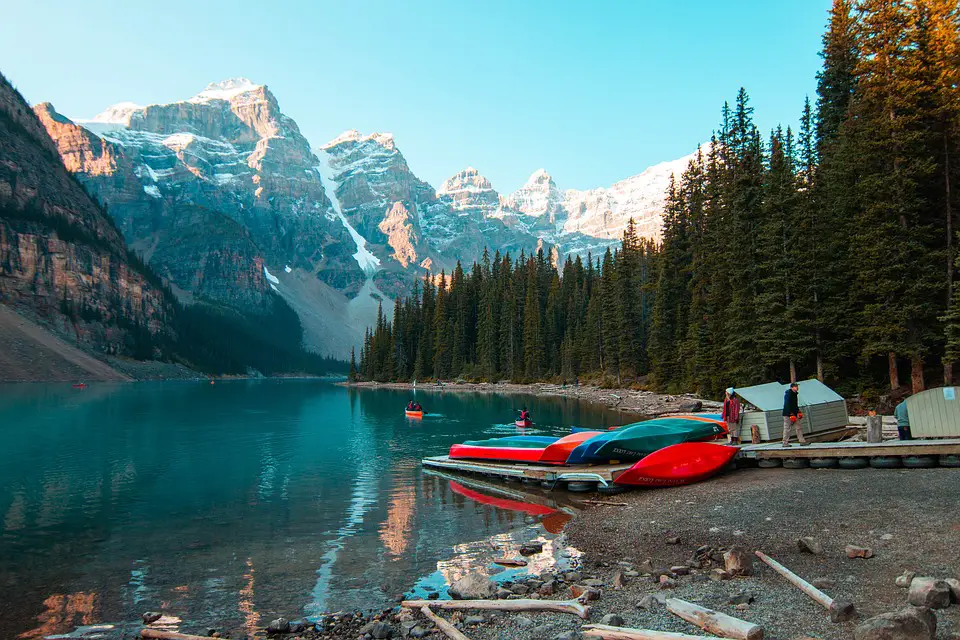Table of Contents
Introduction
When it comes to planning a camping trip, one of the most important decisions you will make is choosing the perfect tent. Your tent is your home away from home while you’re in the great outdoors, so it’s crucial to select one that suits your needs and preferences. This ultimate guide will walk you through the key factors to consider when choosing a tent, ensuring that you find the perfect shelter for your camping adventure.
Size and Capacity
The first aspect to consider when choosing a tent is the size and capacity. Think about how many people will be sharing the tent and how much space you require. If you travel solo or with a partner, a smaller tent may be sufficient, while larger groups will need spacious tents or multiple smaller ones. Also, consider the height of the tent, as some models may limit your ability to stand upright.
Weather Resistance
Weather conditions can vary greatly during camping trips, so it’s important to choose a tent that provides adequate protection. Look for a tent made from durable materials that offer waterproof capabilities. Verify the specifications and ensure that the tent is suitable for the weather conditions you expect. Additionally, consider tents with good ventilation to prevent condensation and keep you comfortable in warmer climates.
Setup and Portability
Another crucial factor to consider is the ease of setup and portability. Look for tents that are easy to pitch and take down, especially if you’re a beginner or frequently move campsites. Additionally, consider the weight and size of the tent when packed, as this will affect its portability. Lightweight and compact tents are ideal for backpacking trips, while larger tents with more features may suit car camping.
Tent Types
Tents come in various shapes and designs, each with its own advantages and disadvantages. Dome tents are popular due to their stability and easy setup, while tunnel tents offer more living space. If you require separate rooms for privacy, consider a cabin-style tent. For extreme weather conditions, geodesic or expedition tents may be necessary. Research and select the tent type that aligns best with your camping needs.
Additional Features
Consider any additional features that would enhance your camping experience. Some tents offer vestibules for extra storage space, while others have built-in mesh screens for stargazing or protection from insects. Evaluate your needs and preferences to determine which additional features would be beneficial to have in your tent.
FAQs
Q: How should I clean my tent?
A: It’s best to follow the manufacturer’s guidelines for cleaning your tent. Typically, it involves wiping down the tent with a damp cloth and mild soap, then allowing it to air dry before packing it away. Avoid using harsh detergents or machine washing, as they can damage the tent’s waterproof coating.
Q: Can I use a tent with a higher capacity for more people?
A: While it may be tempting to use a tent with a higher capacity to accommodate more people, it’s generally not recommended. Tents are designed with specific capacities to ensure comfort and provide appropriate space for each individual. Overloading a tent can lead to cramped conditions, decreased durability, and potential damage.
Q: Are lighter tents less durable?
A: Not necessarily. Lightweight tents often use advanced materials and construction techniques that maintain durability while reducing weight. However, they may require more care and protection to ensure their longevity. Consider your camping needs and strike a balance between weight and durability when selecting a tent.
Q: How do I choose the right tent for different seasons?
A: For summer camping or mild weather, a three-season tent is typically sufficient. These tents offer good ventilation and protection against rain and wind. If you plan to camp in harsh winter conditions, opt for a four-season or winter tent designed to withstand strong winds, heavy snowfall, and extremely low temperatures.




